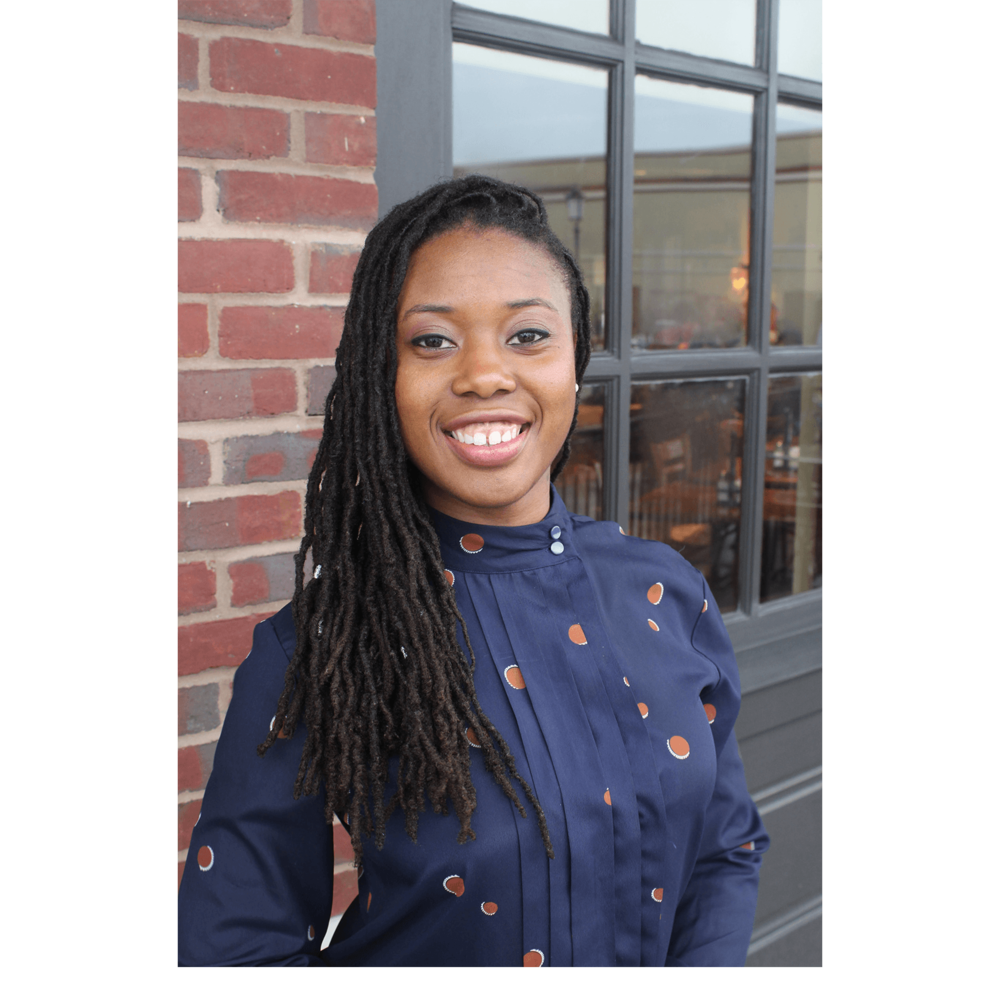
Abiola Akamo
Working as a nurse in multiple settings while earning her doctor of nursing practice at Temple, Abiola Akamo is making the direct impact on people’s health that she wants to make.
“I always knew I wanted to work with people. I knew I wanted to work with my hands. And I wanted a job that challenged my thinking,” says Akamo, who is finishing her second year in Temple’s doctor of nursing practice program, with support from the J. Russell Fawley Annual Scholarship. “Nursing is active and humanistic. We're constantly with people. On top of what you learn science-wise, and what you need to be aware of in terms of organization, you also have to be mindful of how you're communicating with people and how you are making them feel. You're meeting people in a very vulnerable place.”
Born in Philadelphia and raised in Georgia, Akamo earned her undergraduate nursing degree at Georgia State University. After graduation, her work as a nurse in a cardiac unit in Louisiana convinced her that there was more she could do.
“I encountered a lot of chronic illness and complications related to lifestyle or poorly managed care,”she says. “It was challenging to watch, because as a nurse in a hospital setting, we're kind of doing damage control. There's not much that I can do to influence your health in the long term. I realized that I wanted to find a way to impact people's health in a manner where they didn't have to end up in the hospital.”
Returning to Philadelphia to pursue her doctorate at Temple, Akamo is eager to become a nurse practitioner. As a practitioner, she says, “you have your patients, you build a relationship with them and can really influence their health plan,” she says.
She’s already getting plenty of clinical experience. While studying at Temple, Akamo is working 16 to 20 hours a week as a nurse in varied settings around the Philadelphia region. She worked in an outpatient endoscopy center, performing patient screening for preventative health. She performs private nursing duty with homebound clients who have cerebral palsy and ALS. She also works at an urgent care walk-in center and a regional hospital system, building her medical expertise and patient-management skills.
“This scholarship, wow! I am beyond grateful for it. It’s allowing me to pursue this degree, and it’s keeping me out of debt, which is a huge issue for people in my age group,” she says. “I see the opportunity as something that's expansive for my community and for my heritage. I want to help the populations that have had a harder time maintaining their health. I'm thinking of the African American population, the minority population. Both of my parents are immigrants from West Africa: my mother is from Liberia and my father is from Nigeria. I expect to use my degree working as a nurse beyond the shores of the U.S. So this scholarship is not only giving me the immediate opportunity to go to school, it’s helping jumpstart my future.”
“I see the opportunity as something that's expansive for my community and for my heritage. I want to help the populations that have had a harder time maintaining their health...this scholarship is not only giving me the immediate opportunity to go to school; it’s helping jump-start my future.”
